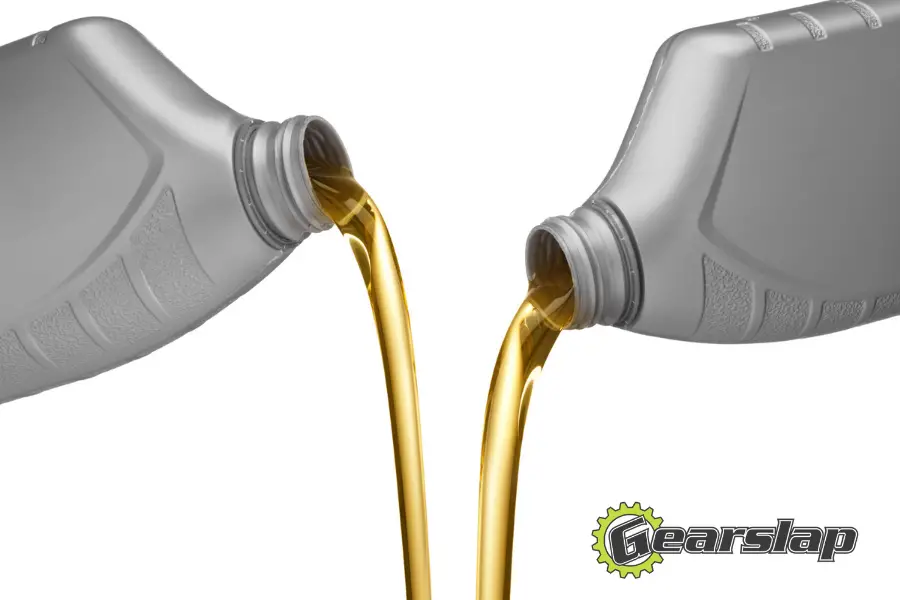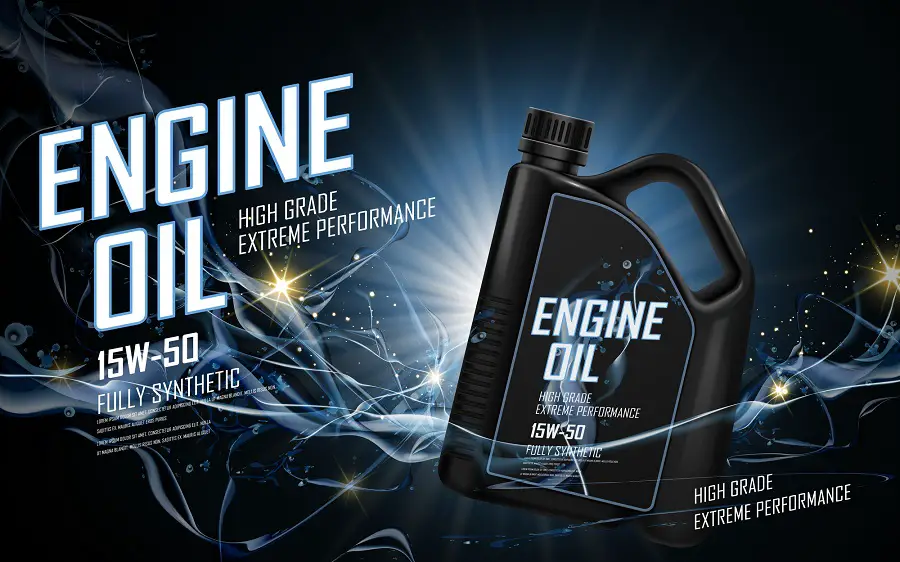My grandpa believed you never have to wash a car; that’s the rain’s job. He also thought that you never have to change the oil in a vehicle; it’s just a gimmick to pay for something you don’t need.
After ten years with a 2000 Toyota Tundra, my grandpa killed what many believed was an unkillable truck. After taking apart the motor, we saw that all the internal parts were gummed up and tacky. Some oily residue is normal, but it should not be so solid that you must pull a scraper out to un-clot all the nooks and crannies.
Even with this example, I thought I would also put it to the test. I tried to kill my Scion XB by not changing the oil. I made it three years before I got scared and changed the oil – the scariest part was that I was commuting to another state every week at the time, so I was putting well over 1000 miles on it weekly!
Fortunately, I was using synthetic motor oil, so it did have a longer life than standard oil. All I did was check my oil levels monthly and topped it off with the same type of oil when it was low.

Whether using standard or synthetic motor oil, you can’t run forever without changing it (and it probably won’t make it more than a few years anyway. But how often should you change synthetic oil?
How Often Should You Change Synthetic Oil?
There is a reason you see old vehicles on the road, and classic car shows are still a thing. Those vehicle owners implemented a proper maintenance schedule and ensured their cars and trucks could last the test of time.
How often should you change synthetic oil, though?
Before you need an oil change, conventional oil will get you somewhere between 3000 and 7000 miles for most of your typical cars and trucks. Synthetic oil changes are going to range from 5000 miles to 15000 miles.
For most diesel vehicles, you’re looking at a range closer to 5000 or 6000 with synthetic blends. You would only get about 3000 miles out of your standard engine oil on a typical diesel truck. That means that with the synthetic blends, you are nearly doubling your mileage.
I also wonder if, despite the neglect, my grandpa would have gotten another ten years out of the Toyota if he were using a synthetic blend.
The manufacturers give different recommendations for every vehicle because of many automotive engineering variables. Modern engines are “gentler” on engine oil and internal components. Mostly because of advances in processing, engineering and production.
Some variables include the size of the motor, the filtration process, and the temperature ranges that the engine block will experience. Therefore, seeing the user manual for the particular vehicle will be a helpful first step in getting an accurate range for synthetic oil change intervals.

Synthetic vs. Conventional Oil
It’s incredible how much longer synthetic oils last compared to conventional oils. This is because synthetic oils have highly refined properties, which last much longer than traditional oils. It also lasts longer because it doesn’t become super thick when exposed to more extreme heat. These heat-resistant qualities are why performance vehicles and race cars popularize synthetic oils.
You, though, might have a non-performance daily driver. You might think that you do not need synthetic oil. However, you can reduce your maintenance trips and costs by making that changeover. Also, if you are driving a newer vehicle, they have improved filtering systems that keep the engine oil clean over surprisingly long periods.
I have owned a massive amount of vehicles, and I am constantly jumping back and forth between them. Each vehicle is a tool, and I use the SUV to get groceries and drop my kids off at school, the truck for hauling equipment, and the car for more playful excursions on the road. Some of my vehicles get a lot of miles, others get overworked in short stints, and some sit for extended periods, but the season also matters regarding engine oil.

Should I Change My Oil Based on Months or Miles?
The number of miles a car sees begs the question, should I change synthetic oil based on months or miles? Some mechanics and offroad enthusiasts recommend changing your synthetic motor oil every 5000 to 10000 miles or every three months to one year, whichever comes first.
But keep in mind this is a broad over-generalization. They don’t know how you drive, where you drive, what you drive or what your normal service intervals look like.
The best recommendation is as follows:
- 3-6 Months if your driving habits are “hard on the car.”
- 5,000-10,000 Miles if you drive normally and are “kind to the car.”
- 4-5 Years if you don’t drive much or very hard when you do.
- Refer to your car’s manufacturer recommendations to get a baseline
Another thing to remember if the car sits for a long time is that a synthetic oils shelf life is typically only five years, with a handful suggesting longer timelines of 7 to 8 years.
Either way, you need to consider your driving habits and where you drive when figuring out when you should change your oil. Harsh driving, harsh climates, city-only driving, and how often you drive will dictate how quickly your oil degrades.
Check The Oil
Both automotive manufacturers and oil companies are expressing these timelines in vague generalities. These recommendations are very loose gauges to guide you in the maintenance of your vehicle because there are simply too many variables to give strict advice.
While these timelines and mile markers can put you in the right direction in creating a maintenance routine, you may want to examine how your vehicle holds up by regularly checking the oil.
How Can You Tell if the Oil Needs To Be changed?
When you first pour synthetic oil into your vehicle’s engine, you will immediately identify the difference between it and conventional motor oil. Conventional motor oil, once used, is usually a shiny black color and synthetic blends often have golden and slightly translucent hues. Frankly, synthetic oil looks very clean. If you are unsure how to judge when to change the oil, you can always remove the dipstick and check it physically.
When synthetic oil goes bad, it will get darker because of the pollutants that collect over time in your engine block. You know synthetic oil is bad when it gets to be just as dark as conventional oil. You may also notice granules that indicate it absorbed too much residue and is at risk of damaging the engine’s internal parts. Regularly checking the oil is always going to be the safest bet.







